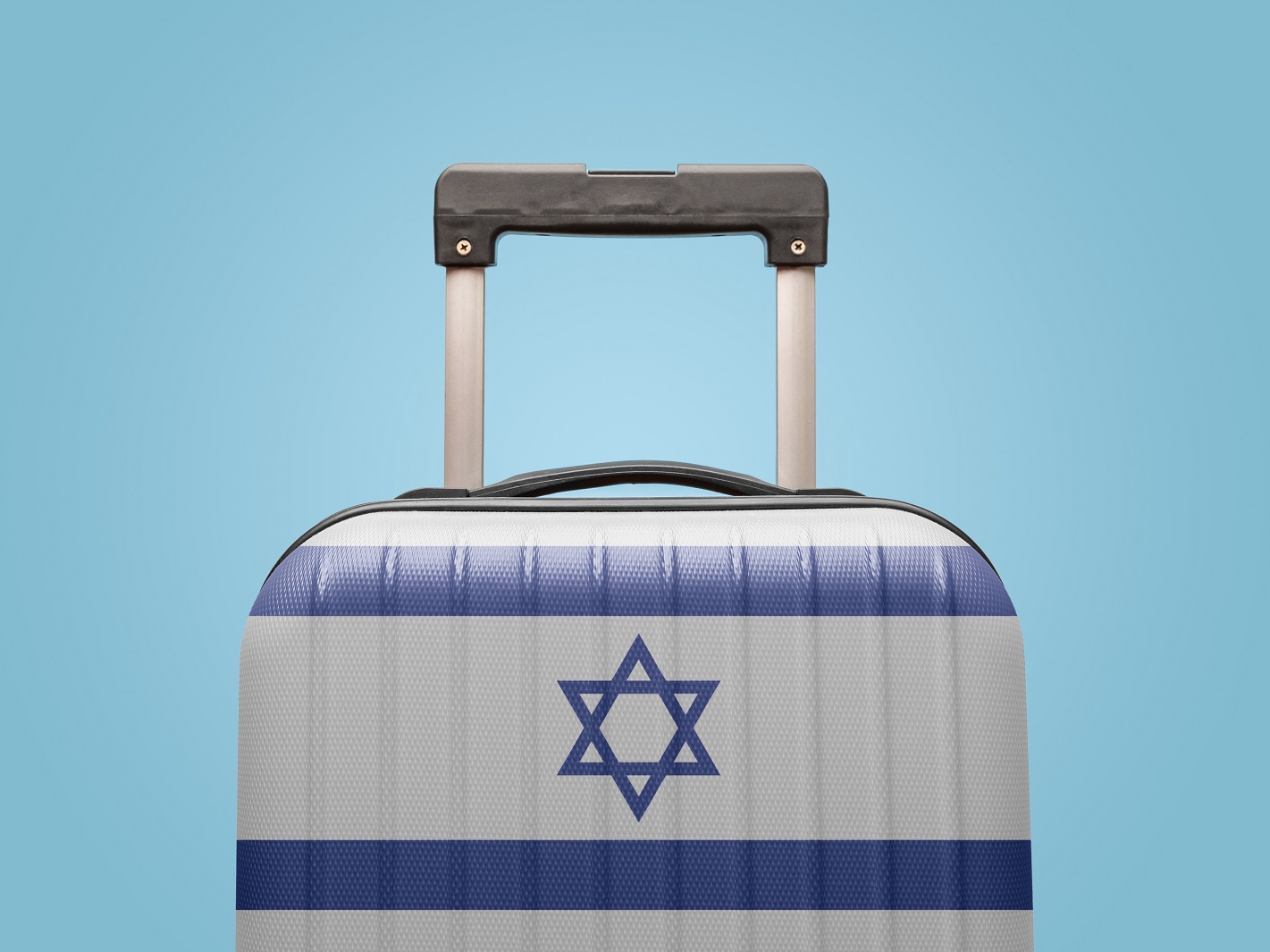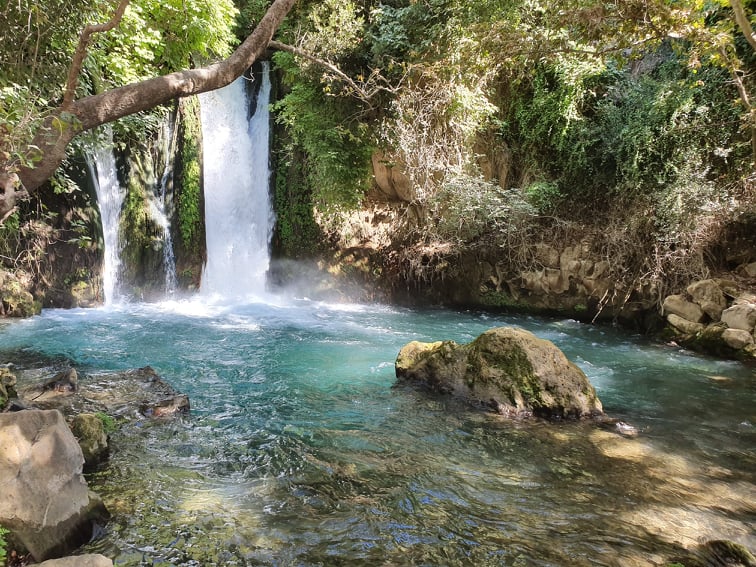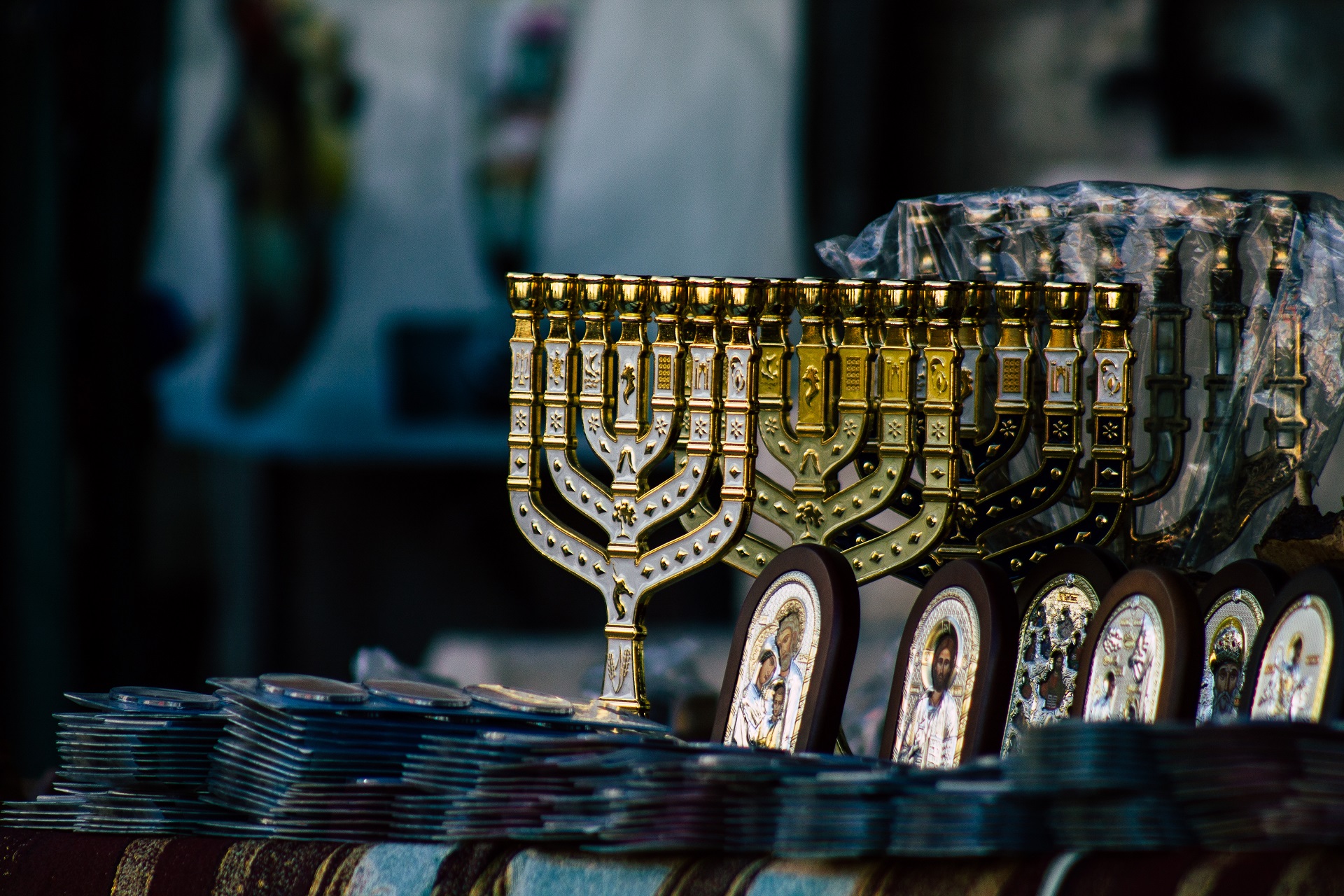Backpacking, family holiday or a group tour – packing is an integral part of any trip preparation.
Not everybody is a gifted organizer, and there are many things to consider, which makes packing a tricky thing that can cause quite a few inconveniences during vacation.
While there is always an option to purchase an item you forgot to take with you, packing well will save you time and money.
Israel is a small country on the Mediterranean coast with a comfortable climate, four seasons, and a wide range of geographical areas.
Nature and city, water and desert – Israel has it all. However, travelers often cross several areas in the same day and plan various activities, but fail to pack properly.
In this article, we will suggest must-have essentials for your next trip to Israel.
Passport
Upon arrival in Israel, your passport must be valid for at least six months from the date of your planned departure.
We highly recommend having a few copies of your passport to avoid significant problems if it gets lost.
Visa
Visitors from the US, UK and South Africa, as well as tourists from most European countries do not need to apply for a visa before arriving in Israel.
Visitors from other countries are required to apply for a travel visa before their arrival.
Please note: upon entering Israel, all visitors will receive a small blue paper (“B2”) that will serve as your travel visa/entrance permit.
Document photocopies
Make sure to have copies of your health insurance and booking confirmation letters.
You can also store them on your phone, but it would be better to have the actual paper instead of looking for an option to print it in case you’ll be asked to show a physical copy.
Driver’s License
If you are interested in any driving activities, you need to bring a valid driver’s license.
Keep in mind that a driver’s/learner’s permit is not enough.
Chargers, Power Banks, Adapters and USB Cables
Israel’s electrical system operates on 230 V and 50 Hz.
Most modern devices include a built-in converter; however, if you have a 110 V device, you should get a converter and adapter.
Today, many vehicles have a USB socket to charge your device while on the road.
Suitcase
Nowadays, a growing number of airlines fly to Israel, each having different baggage restrictions.
The most common weight limit is 23 kg/50 lbs.
We highly recommend investing in a lightweight suitcase with a good number of compartments and a portable luggage scale that will help you pack better and stay within the weight limit.
Pack your absolute necessities and a few clothing items in a carry-on to avoid extreme inconvenience if the check-in bag gets lost.
Medicine and Prescriptions
Make sure to pack prescription and over-the-counter medicine for the entire trip.
You can take with you over-the-counter drugs against flu, throat and sinus inflammation, stomachache, nausea, diarrhea, pain, and fever.
Bring a copy of your prescriptions, so you will be able to use them at the local pharmacies in case you run out.
Note that some non-prescription drugs in your country require a prescription in Israel.
Accessories for a visit to the Dead Sea
Applying mud and floating in the buoyant waters is vital to any Dead Sea experience.
Bring a swimsuit or shorts and a shirt, a pair of water shoes (not flip-flops), sunglasses and a wide-brim hat.
Don’t wear your best swimsuit to the Dead Sea – high concentration of salt and minerals can destroy its fabric.
Water Shoes
A pair of durable and comfortable water-shoes will be handy during water hikes or a visit to the Dead Sea. Make sure they are well strapped to your feet.
We do not advise wearing flip-flops because they can easily slip off and get lost in the water.
Shoes
Hiking is probably the best way to get to know Israel. Make sure to pack a pair of good hiking shoes.
Consider that on some days you will walk more than on others because certain areas, like the Old City in Jerusalem, are mostly accessible by foot.
When shopping for a new pair, we recommend choosing light shoes with a thick sole.
Certain places allow visitors who need help with long walks to rent a golf cart.
Bring a pair of formal shoes for a fancier occasion.
Flashlight
For adventurous exploration of caves and tunnels, pack a flashlight and spare batteries.
To have your hands free, we recommend using a headlamp that is strapped to your head.
Toiletries
Pack your personal care products in a toiletry bag, and transfer the liquids into smaller containers to save valuable baggage space.
Most airports allow passengers to carry their toiletries packed in a separate bag inside their carry-on.
However, some airports forbid passengers to carry any toiletries through the security check; in this case, it is better to pack the toiletry bag in the check-in luggage.
Clothes
Israel has a typical Mediterranean climate with hot summers, rainy winters and comfortable transitional seasons.
Nevertheless, sunny winter days and chilly summer evenings are quite common.
The golden rule is to dress in layers, bring sunscreen, sunglasses and a hat suitable for sunny and rainy days.
If you plan to tour Israel during winter, pack at least one light outfit in addition to warm clothes and a rainproof coat.
Your summer gear should consist of light clothes, sandals and a jacket that you can wear if the weather becomes chilly.
Most Israeli religious sites require visitors to dress modestly.
We strongly advise male and female tourists to carry a large shawl; it is light and can be easily tied around the waist or shoulders when entering a shrine.
For more information about Israeli weather and standards of modesty, click here.
Cash and Credit Cards
Most Israeli hotels and businesses accept both credit cards and cash.
There are two rules to follow:
- Use Israeli currency – shekels (abbreviated as NIS or ILS), when paying at local businesses, such as supermarkets, restaurants and pharmacies.
- Use euros or US dollars in restaurants and shops in tourist areas – for example, in the Old City of Jerusalem.
Most businesses do not accept foreign coins, so make sure to have enough banknotes.
Click here to read more about currencies and payment methods accepted in Israel.
Smaller USD or Euro banknotes
We strongly recommend carrying smaller banknotes with you for the following reasons:
First, since many tourist areas have pickpockets, consider keeping a smaller amount of cash accessible and the rest hidden away or left in the hotel’s safe.
The second reason is for tipping – Most Israeli service providers accept and appreciate gratuities.
Bags
There are several types of bags you should have during your trip:
A lightweight and well-organized daypack for your daily excursions.
Choose the one with a hidden compartment for your valuables.
A foldable shopping bag that becomes the size of your palm once folded.
A small elegant bag for fancier occasions.
Additional Items
If you find out that you are missing something during your trip, most chances are that you can easily purchase it in Israel.
We hope that this article will help you get your mind right when packing for your trip.
To learn more, check our article – General information about Israel.





